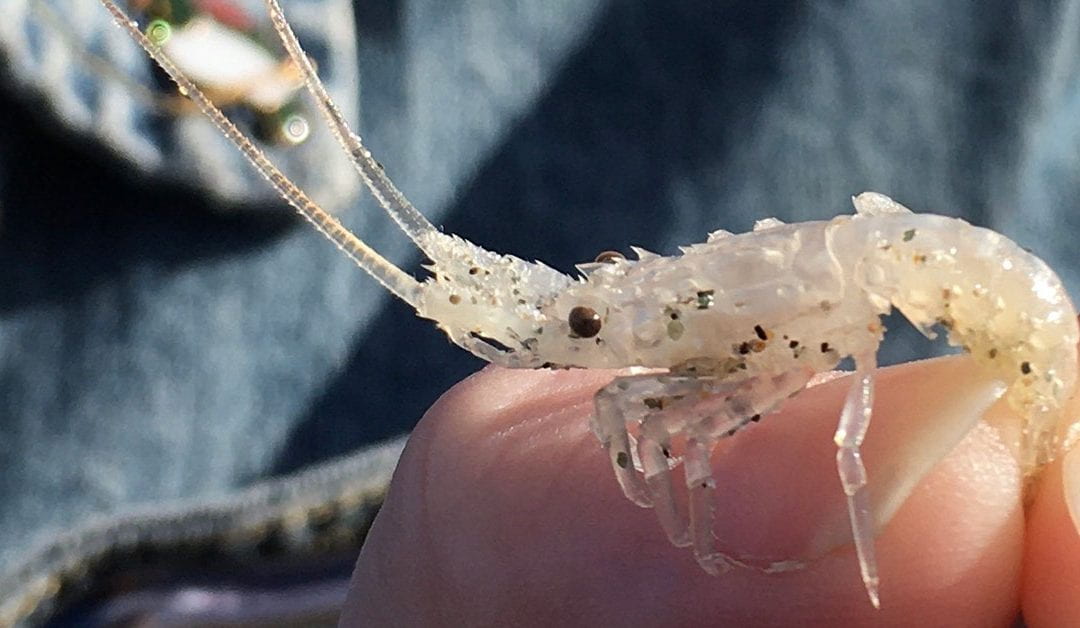
by EllenR | Feb 21, 2021 | Case studies – Fish
Cray, crayfish, rock lobster, kōura: this prized crustacean goes by many names. Jasus edwardsii is a rock lobster species inhabiting shallow reefs around Aotearoa New Zealand’s coasts as well as southern Australia. It is reported to be a relatively slow-growing and...
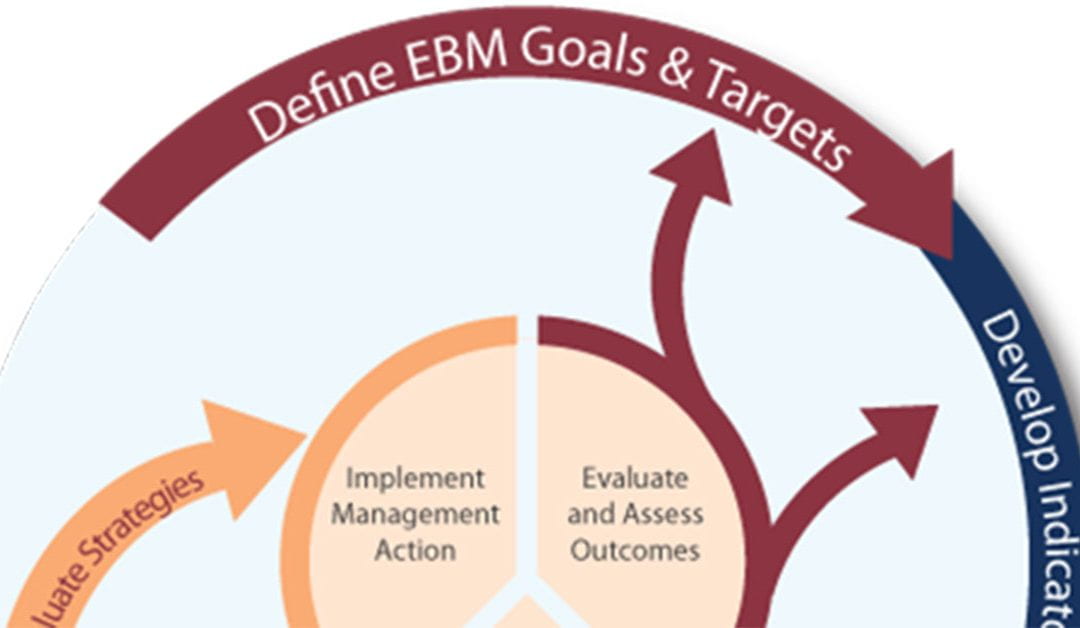
by EllenR | Feb 21, 2021 | Case studies – Fish
In the United States, NOAA has developed an integrated ecosystem assessment as an approach to ecosystem-based fisheries management (EBFM).[1] The framework organises and summarises social-ecological evidence so that it can be integrated to inform a holistic management...
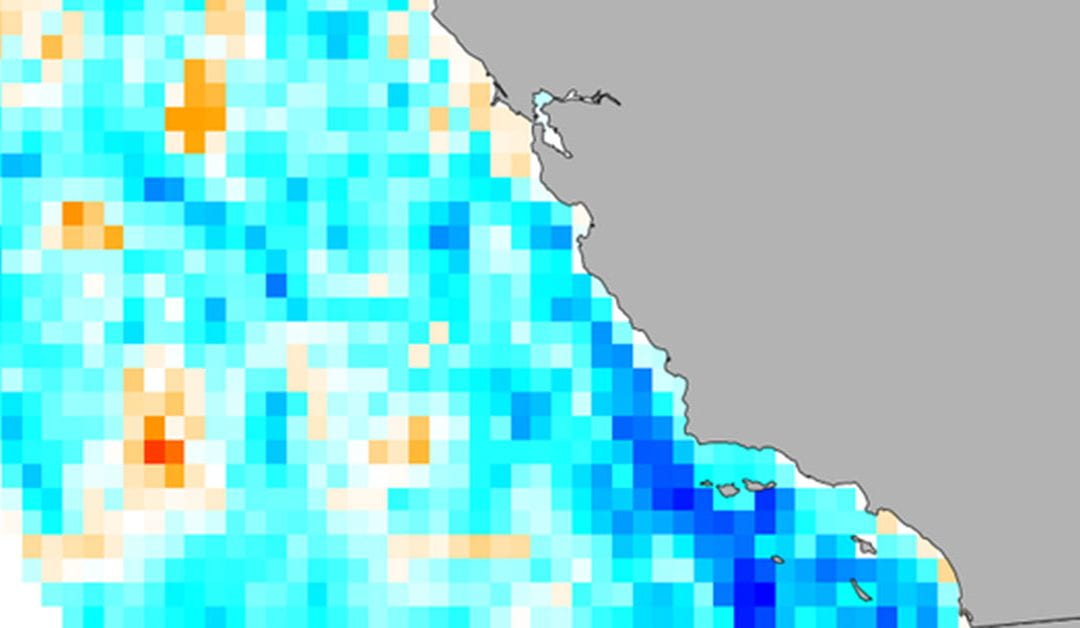
by EllenR | Feb 21, 2021 | Case studies – Fish
There’s an app for fishers that acts much like a weather forecast – it pulls in data from a range of sources and forecasts where fishing operations could take place to fish sustainably and avoid endangered species. Mandated bycatch reduction measures in the...
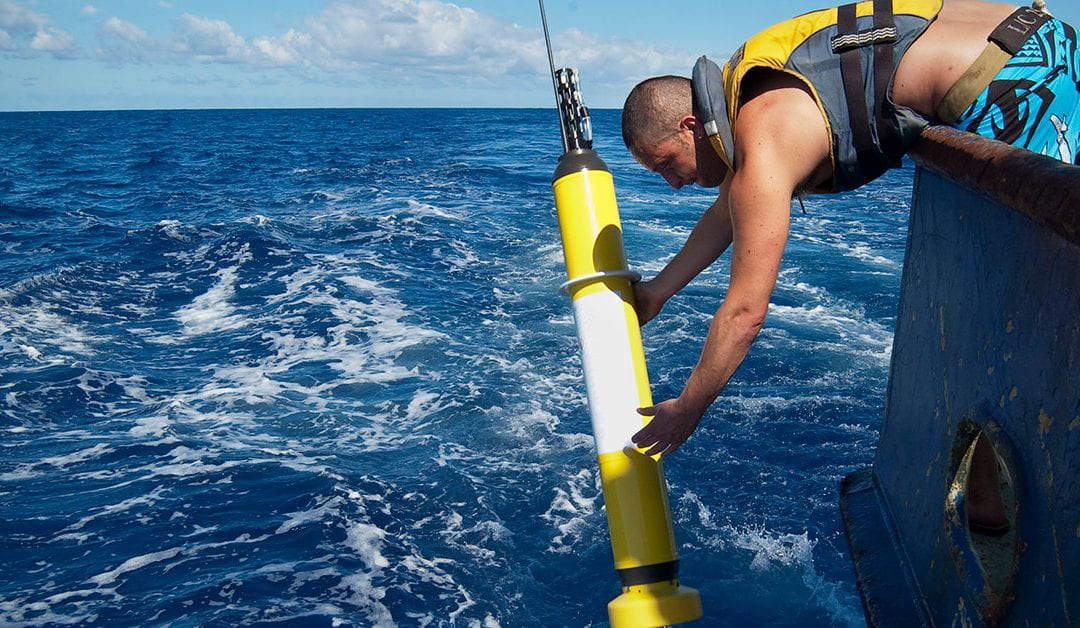
by EllenR | Feb 21, 2021 | Case studies – Fish
Argo is an international programme that has maintained a global ocean network of profiling floats since 2004. Presently there are about 3,900 operational floats with each float sampling the ocean as shown below. Initially, the float sinks to 1,000 m depth, where it...
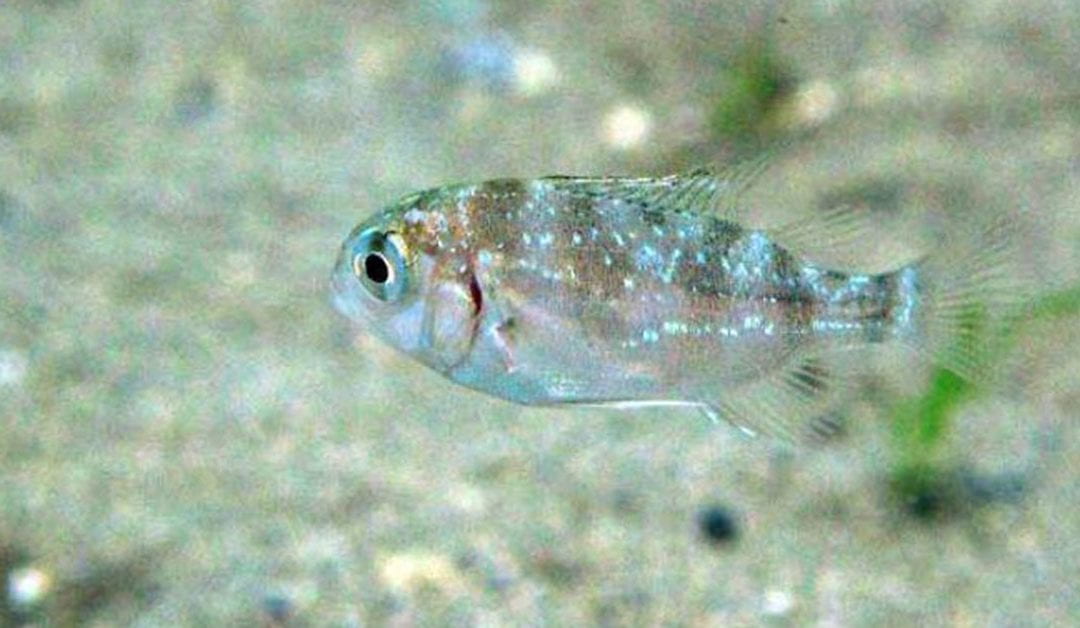
by EllenR | Feb 21, 2021 | Case studies – Fish
The otolith is an archive of the growth, environmental and ecological history of that fish. Its size and shape can be used to determine the age of the fish. The chemicals in each layer within the otolith change depending on surrounding factors such as water and...
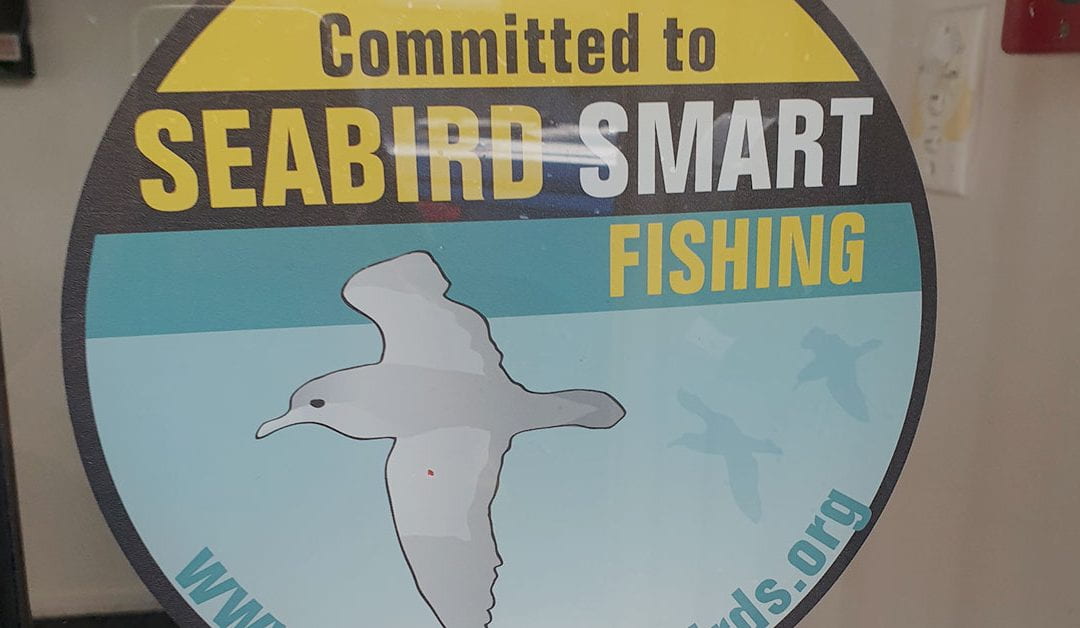
by EllenR | Feb 21, 2021 | Case studies – Fish
Aotearoa New Zealand is home to one-third of all species of seabird and the breeding ground for the highest number of seabird species worldwide.[1] In recent times, many seabird species have become threatened or endangered.[1] Fishing practices are a contributor along...







